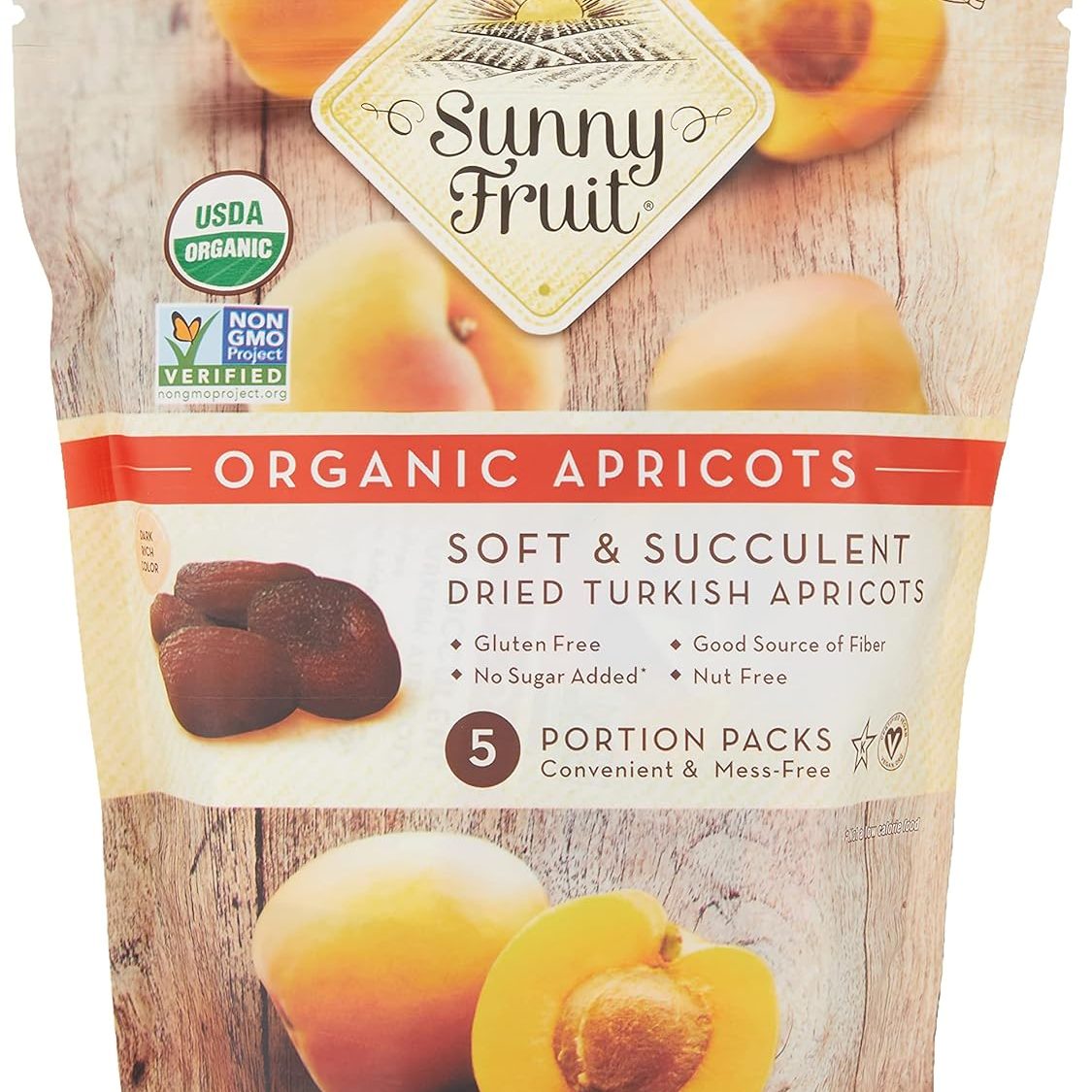Organic fruits have gained immense popularity as a nutritious and sustainable food choice, offering a wide array of health benefits. In this article, we will explore the reasons behind the growing demand for organic fruits, delve into the advantages of choosing organic fruits, discuss the cultivation practices and certification standards of organic farming, analyze the impact of organic fruits on human health, highlight the environmental benefits of organic fruit production, and provide insights into the enduring appeal of organic fruits as a cornerstone of a healthy and sustainable diet.

I. Reasons for the Growing Demand for Organic Fruits
1.1 Health Consciousness:
The growing awareness of the importance of a healthy diet has led to an increased demand for organic fruits. Many individuals are turning to organic produce as a way to minimize exposure to synthetic pesticides, fertilizers, and genetically modified organisms (GMOs), thus prioritizing their health and well-being.
1.2 Environmental Concerns:
The rising concern for environmental sustainability has also driven the demand for organic fruits. Organic farming practices minimize the use of synthetic chemicals, promote biodiversity, and focus on ecological balance. By choosing organic fruits, individuals support environmentally-friendly practices and help protect the planet for future generations.

II. Advantages of Choosing Organic Fruits
2.1 Nutrient Density:
Organic fruits are known for their high nutrient content. They are often grown in nutrient-rich soils without the use of synthetic chemicals, enhancing their nutritional value. Organic farming practices prioritize soil health, leading to fruits with higher levels of vitamins, minerals, and antioxidants.
2.2 Superior Taste and Flavor:
Organic fruits are celebrated for their exceptional taste and flavor. The absence of synthetic pesticides and chemicals allows the natural flavors of the fruits to shine through, providing a gustatory delight that can be savored with each bite.

III. Cultivation Practices and Certification Standards of Organic Farming
3.1 Chemical-Free Cultivation:
Organic farming relies on natural practices to cultivate fruits without the use of synthetic pesticides, herbicides, or fertilizers. Instead, organic farmers use natural methods such as crop rotation, biological pest control, and composting to maintain soil health and control pests.
3.2 Stringent Certification Standards:
To qualify as organic, fruits must meet stringent certification standards set by organic farming regulatory bodies. These standards require adherence to specific cultivation practices, including the exclusion of synthetic chemicals, GMOs, and irradiation. Organic certification ensures transparency and accountability in the production of organic fruits.

IV. Impact of Organic Fruits on Human Health
4.1 Reduced Exposure to Pesticides:
One of the key benefits of consuming organic fruits is a lower exposure to synthetic pesticides. Studies have shown that organic fruits tend to contain fewer pesticide residues compared to conventionally grown fruits, reducing potential health risks associated with pesticide exposure.
4.2 Increased Antioxidant Intake:
Organic fruits are rich in antioxidants, which help combat oxidative stress and reduce the risk of chronic diseases. Antioxidant levels are often higher in organic fruits due to the nutrient-dense soils in which they are grown. Consuming organic fruits can contribute to overall health and well-being.
V. Environmental Benefits of Organic Fruit Production
5.1 Soil Health and Conservation:
Organic fruit production places great emphasis on soil health and conservation. Organic farming practices promote soil fertility through techniques like cover cropping, composting, and crop rotation. These practices help maintain soil structure, enhance water retention, and promote microbial activity.
5.2 Biodiversity Preservation:
Organic fruit production is focused on preserving biodiversity. By avoiding the use of synthetic chemicals, organic farming creates a habitat that supports pollinators, birds, and beneficial insects. This holistic approach to farming contributes to the preservation of ecological balance and fosters a healthy ecosystem.

VI. Enduring Appeal of Organic Fruits
6.1 Personal Health and Well-being:
The enduring appeal of organic fruits lies in their ability to contribute to personal health and well-being. The knowledge that consuming organic fruits helps minimize exposure to harmful synthetic chemicals and maximizes nutrient intake reinforces the preference for organic produce among health-conscious individuals.
6.2 Commitment to Environmental Sustainability:
Organic fruits align with the growing commitment to environmental sustainability. By choosing organic fruits, individuals support farming practices that prioritize ecological balance, soil health, and biodiversity conservation, making a positive impact on the environment.
Organic fruits have become a prominent choice for health-conscious individuals seeking nutritious and sustainable food options. With their heightened nutrient content, superior taste, and environmental benefits, organic fruits stand as a cornerstone of a healthy and sustainable diet. The enduring appeal of organic fruits lies in their ability to promote personal health while minimizing environmental impact. As the demand for organic produce continues to grow, the reliance on organic farming practices will further contribute to a healthier planet and a brighter future.


